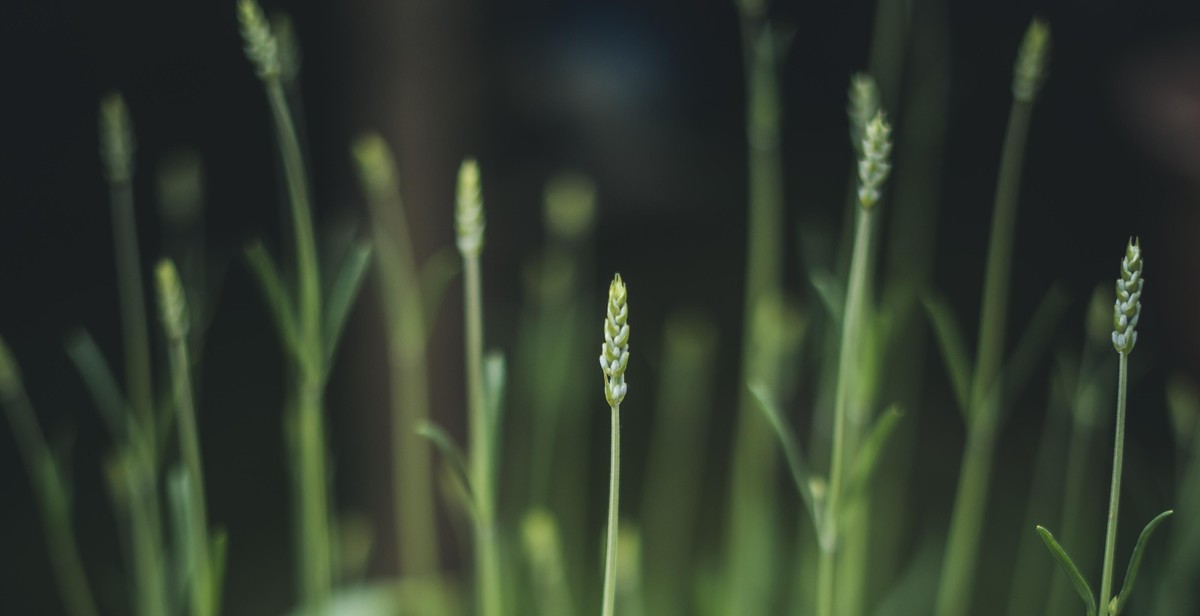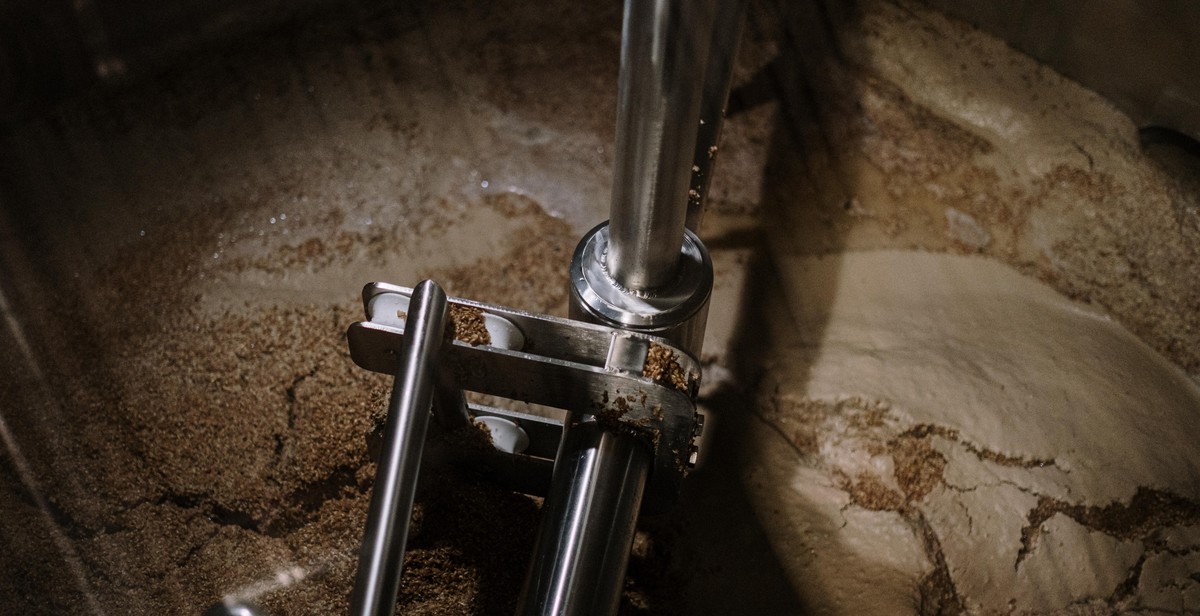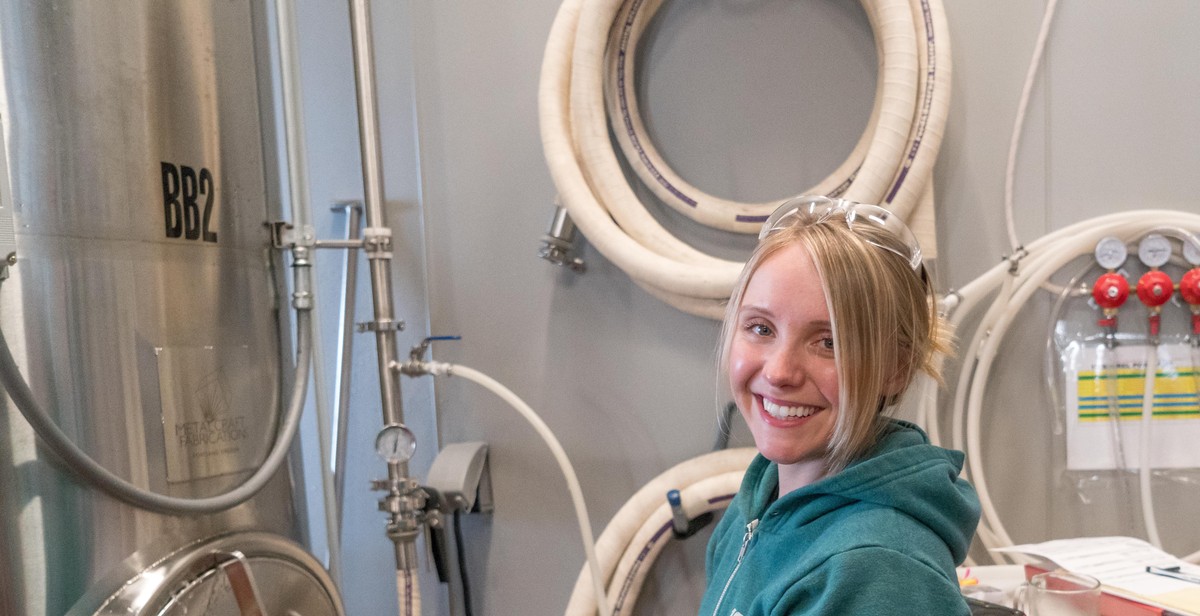How to Choose the Right Hops for Brewing Beer: Understanding Hop Varieties and Their Characteristics
As a professional beer brewer with over a decade of experience, I can confidently say that choosing the right hops is one of the most critical steps in the brewing process. Hops not only add flavor and aroma to beer but also act as a natural preservative. However, with so many different hop varieties available, it can be overwhelming to choose the right one for your beer. That’s why I’ve put together this guide to help you understand hop varieties and their characteristics, so you can choose the right hops for your brew.
What are Hops?
Hops are the flowers of the hop plant, Humulus lupulus. They are used in beer brewing primarily for their bittering, flavoring, and aromatic properties. Hops contain alpha acids, beta acids, and essential oils that contribute to the taste and aroma of beer.
Understanding Hop Varieties
There are over 100 different hop varieties, each with its unique flavor and aroma profile. However, most hops fall into one of three categories: bittering, aroma, or dual-purpose. Bittering hops have a high alpha acid content and are added at the beginning of the boil to impart bitterness to the beer. Aroma hops have a lower alpha acid content and are added towards the end of the boil to add flavor and aroma to the beer. Dual-purpose hops have a balanced alpha acid content and can be used for both bittering and aroma.
Factors to Consider When Choosing Hops
When choosing hops for your beer, there are several factors to consider, including the beer style, desired flavor and aroma profile, and alpha acid content. By understanding these factors and the characteristics of different hop varieties, you can choose the right hops to create a delicious and well-balanced beer.

What are Hops?
Hops are the flowers of the hop plant, Humulus lupulus, that are used as a flavoring and stability agent in beer. Hops are an essential ingredient in beer brewing, providing the bitterness that balances the sweetness of the malt, as well as the aroma and flavor that give each beer its unique character.
History of Hops
Hops have been used in beer brewing for centuries. The earliest recorded use of hops in beer dates back to the 9th century in Germany. Before the use of hops, brewers used a variety of herbs and spices to flavor and preserve beer, including heather, juniper berries, and even hallucinogenic plants like henbane.
It wasn’t until the 16th century that hops became the dominant flavoring and stability agent in beer. Hops were found to be more effective than other herbs and spices in preserving beer and preventing spoilage. The use of hops also became popular because of their pleasant bitterness and aroma, which added to the overall drinking experience.
Role of Hops in Brewing
Hops play several important roles in beer brewing:
- Bittering: Hops provide bitterness to balance the sweetness of the malt. The longer hops are boiled, the more bitterness they contribute to the beer.
- Flavoring: Hops contribute to the flavor of the beer, adding notes of citrus, pine, spice, and more depending on the variety of hop used.
- Aroma: Hops also contribute to the aroma of the beer, providing floral, fruity, or spicy notes depending on the variety of hop used.
- Stability: Hops have antimicrobial properties that help preserve beer and prevent spoilage.
Understanding the different varieties of hops and their characteristics is essential for choosing the right hops for your beer recipe and achieving the desired flavor and aroma profile.

Hop Varieties
Hops are a crucial ingredient in beer brewing, providing bitterness, flavor, and aroma. There are many hop varieties available, each with its own unique characteristics. Here are some of the most popular hop varieties:
Noble Hops
Noble hops are a group of four traditional European hop varieties: Hallertau, Tettnang, Spalt, and Saaz. These hops are known for their delicate and subtle flavors and aromas, making them ideal for lagers and other light beers. They have a low alpha acid content, which means they provide less bitterness than other hop varieties. Noble hops are also known for their spicy, earthy, and floral notes, which can add complexity to a beer’s flavor profile.
American Hops
American hops are known for their bold and intense flavors and aromas. They are often used in American-style IPAs and other hop-forward beers. Some popular American hop varieties include Cascade, Centennial, Chinook, and Simcoe. American hops have a high alpha acid content, which means they provide significant bitterness to a beer. They also have fruity, citrusy, and piney notes, which can add complexity and depth to a beer’s flavor profile.
English Hops
English hops are known for their traditional, earthy, and floral flavors and aromas. They are often used in English-style ales and other classic beer styles. Some popular English hop varieties include Fuggles, Goldings, and East Kent Goldings. English hops have a moderate alpha acid content, which means they provide a moderate amount of bitterness to a beer. They also have spicy, herbal, and woody notes, which can add character and depth to a beer’s flavor profile.
| Hop Variety | Origin | Flavor Profile | Alpha Acid Content |
|---|---|---|---|
| Hallertau | Germany | Spicy, earthy, floral | 3-5% |
| Cascade | USA | Citrusy, floral, grapefruit | 4.5-7% |
| Fuggles | England | Earthy, woody, herbal | 3-5% |

Hop Characteristics
When choosing the right hops for brewing beer, it’s important to understand the characteristics of each hop variety. Here are the main characteristics to consider:
Alpha Acid Content
Alpha acid content is one of the most important characteristics of hops. It determines the bitterness of the beer. Hops with a higher alpha acid content will result in a more bitter beer, while hops with a lower alpha acid content will result in a less bitter beer. It’s important to note that alpha acid content can vary depending on the harvest year and growing conditions.
Beta Acid Content
Beta acid content is another important characteristic of hops. It contributes to the overall flavor and aroma of the beer. Hops with a higher beta acid content will result in a more full-bodied beer with a stronger hop aroma, while hops with a lower beta acid content will result in a lighter-bodied beer with a milder hop aroma.
Oil Content
Oil content is also an important characteristic of hops. It contributes to the overall flavor and aroma of the beer. Hops with a higher oil content will result in a more flavorful and aromatic beer, while hops with a lower oil content will result in a less flavorful and aromatic beer.
Flavor and Aroma
Flavor and aroma are the most subjective characteristics of hops. Different hop varieties will impart different flavors and aromas, ranging from floral and fruity to earthy and spicy. It’s important to choose hops that will complement the other ingredients in the beer and create the desired flavor and aroma profile.
| Hop Variety | Alpha Acid Content | Beta Acid Content | Oil Content | Flavor and Aroma |
|---|---|---|---|---|
| Cascade | 4.5%-7.0% | 4.5%-7.0% | 0.7-1.4 mL/100g | Floral, citrusy, grapefruit |
| Centennial | 9.5%-11.5% | 3.5%-4.5% | 1.5-2.5 mL/100g | Floral, citrusy, piney |
| Citra | 11.0%-14.0% | 3.5%-4.5% | 2.2-3.5 mL/100g | Tropical fruit, citrusy, grapefruit |

Choosing the Right Hops for Brewing Beer: Understanding Hop Varieties and Their Characteristics
Consider the Beer Style
When it comes to choosing the right hops for brewing beer, it’s important to consider the beer style you’re going for. Different beer styles require different hop characteristics to achieve the desired flavor and aroma. For example, if you’re brewing an IPA, you’ll want to choose hops with high alpha acid content to impart bitterness. On the other hand, if you’re brewing a Pilsner, you’ll want to choose hops with low alpha acid content and a more delicate aroma.
Selecting the Right Hop Variety
There are dozens of hop varieties available, each with their own unique flavor and aroma characteristics. Some popular hop varieties include Cascade, Centennial, and Citra. When selecting the right hop variety, consider the flavor and aroma profile you’re looking for in your beer. For example, if you want a citrusy flavor and aroma, you might choose a hop variety like Citra. Alternatively, if you want a more earthy and spicy flavor, you might choose a hop variety like East Kent Goldings.
Choosing the Right Hop Form
Hops are available in several different forms, including whole leaf, pellet, and extract. Each form has its own advantages and disadvantages. Whole leaf hops are the least processed and can impart a more natural flavor and aroma, but they can also be more difficult to work with. Pellet hops are easier to measure and store, but they can sometimes result in a less natural flavor and aroma. Hop extract is the most concentrated form of hops and is often used in commercial brewing, but it can be expensive and difficult to find for homebrewers.
By considering the beer style, selecting the right hop variety, and choosing the right hop form, you can ensure that you’re using the right hops to achieve the desired flavor and aroma in your beer.

Where to Buy Hops
When it comes to buying hops for your brewing needs, you have two main options: your local homebrew store or online retailers. Both options have their advantages and disadvantages, so it’s important to weigh them carefully before making a decision.
Local Homebrew Store
Your local homebrew store is a great place to purchase hops if you want to support local businesses and have the ability to see and touch the product before buying. Plus, you can often get advice from experienced homebrewers or store employees who can help you select the right hops for your recipe. Additionally, you can save on shipping costs and receive your hops immediately.
However, local stores may have a limited selection of hops, and they may not always have the specific variety or quantity that you need. Prices may also be higher than online retailers due to overhead costs.
Online Retailers
Online retailers offer a wider variety of hops and often have better prices due to larger purchasing power and lower overhead costs. You can easily compare prices and select the exact variety and quantity of hops you need. Plus, online retailers often have customer reviews and ratings that can help you make an informed decision.
However, shipping costs and delivery times can add up, and you may have to wait for your hops to arrive. Additionally, you may not be able to see or touch the product before buying.
| Local Homebrew Store | Online Retailers |
|---|---|
| Advantages: | Advantages: |
| – Ability to see and touch product | – Wider variety of hops |
| – Advice from experienced homebrewers or store employees | – Better prices |
| – No shipping costs | – Customer reviews and ratings |
| Disadvantages: | Disadvantages: |
| – Limited selection | – Shipping costs and delivery times |
| – Higher prices | – Unable to see or touch product before buying |
Ultimately, the decision of where to buy hops comes down to personal preference and what is most important to you. Consider the advantages and disadvantages of each option and choose the one that best fits your needs.

Conclusion
Choosing the right hops for brewing beer is a crucial step that can make or break your brew. Understanding hop varieties and their characteristics is essential to achieving the desired flavor, aroma, and bitterness in your beer.
In this article, we have covered the different types of hops, their characteristics, and how to choose the right hops for your beer. We have also discussed the importance of selecting the right hop variety based on your beer style.
Remember, hops are not just for bitterness. They can also add aroma and flavor to your beer. Each hop variety has its unique characteristics, and experimenting with different hops can lead to exciting new flavors and aromas.
When selecting hops for your beer, consider the alpha acid content, aroma, flavor, and oil content. Also, keep in mind the brewing process, as different hops perform differently during the boil and dry-hopping stages.
Lastly, don’t be afraid to try new hop varieties and experiment with different combinations. Brewing is an art, and choosing the right hops is just one aspect of the creative process. Enjoy the journey and cheers to great beer!
